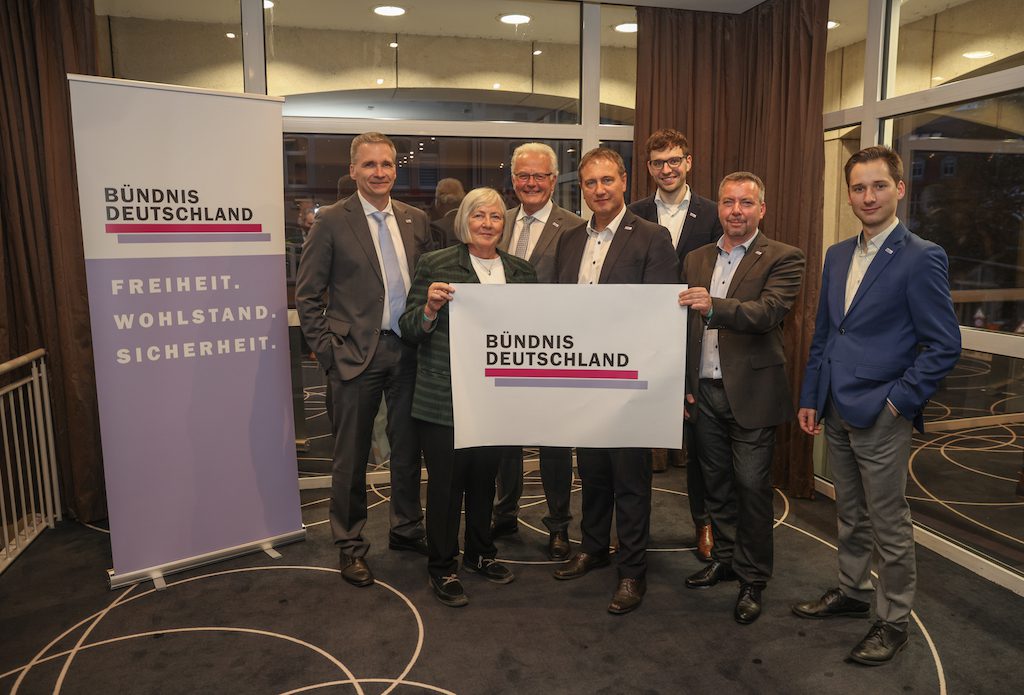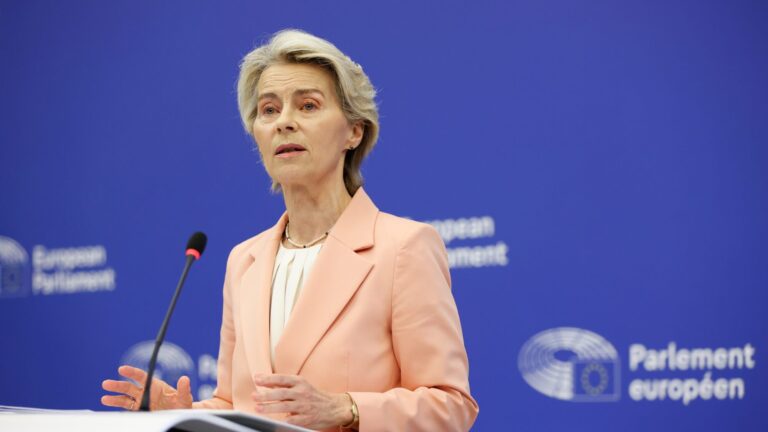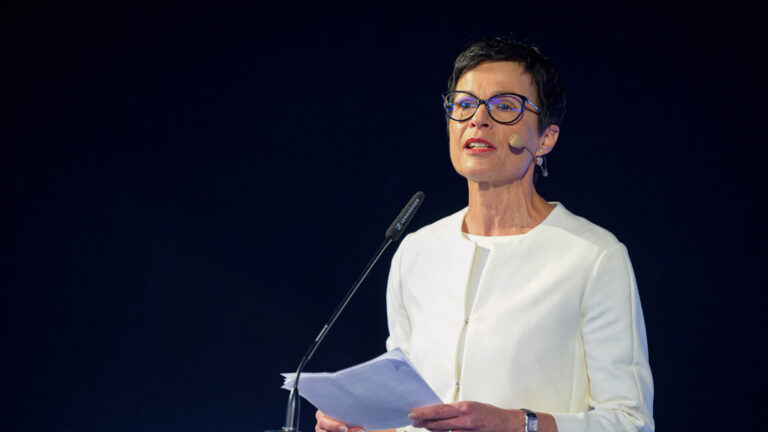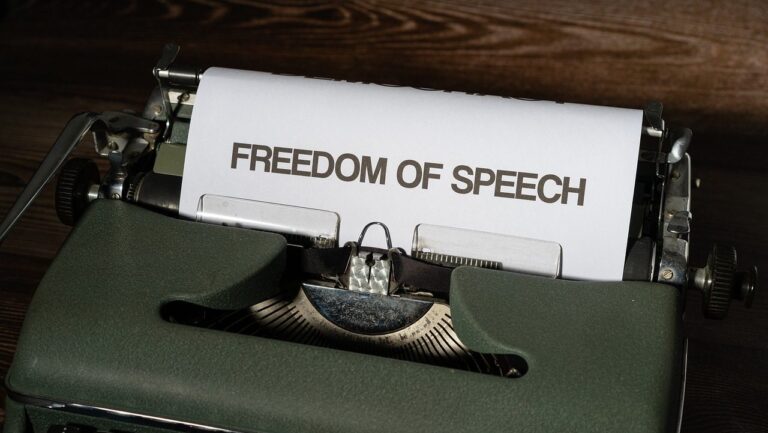A new center-right party just emerged on the German political scene. The announcement for the ‘Bündnis Deutschland’ (Alliance Germany) was made Tuesday, November 22nd, and has already attracted the support of 50 former members of other German parties.
Most members come from the CDU and CSU, and are those who have been disappointed by the continuous shift towards the Left by their former parties. The first chairman of Bündnis Deutschland (BD), Steffen Große, is a former chairman of the Free Voters in Saxony. Media commentators in Germany, however, focused mostly on two former AfD members among the inauguratory group of members of the BD, already framing the new party as a right-wing alternative to the AfD.
The BD itself does not want to become a classically conservative party but instead aims to leave categories such as ‘Left’ and ‘Right’ behind, represent a broad section of society, and attract voters of the middle class. In contrast to the AfD, the BD defines itself as pro-EU, doesn’t deny climate change, and opposes all forms of extremism. Chairman Große, who was facing impeachment proceedings in his former party for ‘right-wing tendencies,’ wants to move politics away from the ideological divide and towards common sense.
Some of the core demands of the new party are recognition of service, “performance should be rewarded again;” energy security, “energy should be secure;” and personal security, “streets should be safe.” Große describes the position of the BD as “slightly to the right of center,” a position he sums up as “ultimately, bourgeois politics.” Since no other party in Germany is willing to coalesce with the AfD, the BD’s goal is to fill that gap and become a socially acceptable alternative to the heavily left-leaning politics of most other parties.
The BD also hopes to avoid ‘party hopping’—attracting the influx of careerist politicians from other parties that might hope for better positions in a newly created party. In order to avoid this, the BD plans to interview all membership applicants personally. However, with currently 4000 people allegedly interested in joining—and each personal interview lasting about 15 minutes—such thorough vetting would take more than 40 days, a process that may not be feasible.
While the founding members already invested a lot of time and work into setting up the party, the BD has a long way to go. According to party sources, financing is secured for the first two years, even though the party does not have a bank account yet. Even so, the roadmap is ambitious: by January, the BD wants to organize a federal party convention, and in May of 2023, the party aims to take part in the Bremen elections.
Media have been keen to move the BD into the ideological vicinity of the AfD. AfD, for its part, seems to have little confidence it will succeed. Asked by the public broadcaster WDR to comment on the new party, Martin Vincentz, chairman of the Westphalian AfD, told the press that he had a “relaxed” view of the BD, and indicated that like other splinter groups of the AfD, BD may also be “condemned to failure.” In 2015, the Alliance for Progress and Departure,’—composed of disgruntled founding members—broke away from the AfD, and two years later, the ‘Blue Party’ did the same, but both groups failed to gain a permanent foothold in the German political landscape.
Nevertheless, the fact that the BD has not convinced any prominent politician to join yet could turn out as much a blessing as a curse. But the fact that mainstream media are already painting a right-wing bullseye on the party’s back is a clear indicator that it’ll be an uphill battle for the BD. Steffen Große seems to be aware of the commitment that will be needed to fuel momentum: “This is a long-distance race, not a sprint.” Only time will tell whether he and his fellow party members have the lungs to make it to the finish line.





